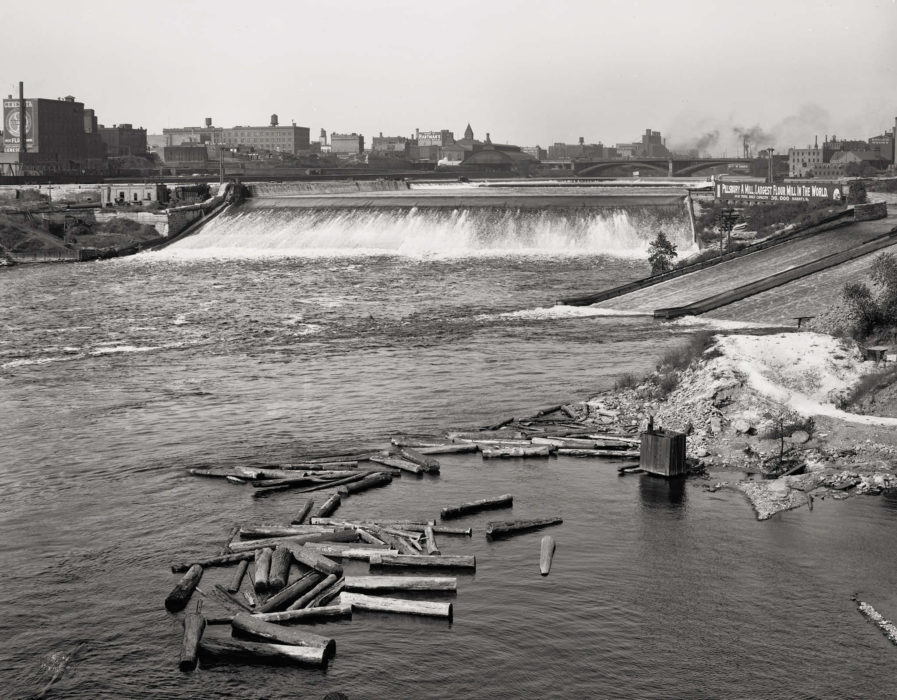“IF YOU SHOULD ASK a thousand persons, ‘Abdu’l-Bahá told his audience, ‘What are the proofs of the reality of Divinity?’ perhaps not one would be able to answer.”
On September 20, 1912, in Minneapolis, Minnesota, at the home of Albert Hall, a lawyer known for his defense of the poor, ‘Abdu’l-Bahá asked a number of rhetorical questions about spiritual reality: “What proofs have you regarding the essence of God?” he asked; “How do you explain inspiration and revelation?”; “What are the evidences of conscious intelligence beyond the material universe?”; “Can you suggest a plan and method for the betterment of human moralities?”; “Can you clearly define and differentiate the world of nature and the world of Divinity?” It is not hard to imagine, as ‘Abdu’l-Bahá had said on September 20, that “you would receive very little real knowledge and enlightenment upon these questions” if you asked them.
‘Abdu’l-Bahá went on to discuss several reasons for this. One was that the “development of the ideal virtues has been neglected.” People do not investigate such matters for themselves, ‘Abdu’l-Bahá argued; instead, they rely on the superstitions and traditions of the past to provide them with an understanding of spiritual concepts. The average American might have more to say about the weather than about the questions that ‘Abdu’l-Bahá posed.
Still, ‘Abdu’l-Bahá thought that the ability to talk about spiritual reality was a prerequisite for the appearance of the “ideal virtues” of humanity. In other words, it could help us to become better people. Yet discussing spiritual reality involved logic. “We must be able to prove Divinity,” he told those in Minneapolis, “from the standpoint of reason so that no doubt or objection may remain for the rationalist.”

The symbols that humans create to represent Divinity, through repeated use, had replaced the broader concepts they were supposed to represent. “Divinity is not what is set forth in dogmas and sermons of the church,” ‘Abdu’l-Bahá argued. “Ordinarily when the word Divinity is mentioned, it is associated in the minds of the hearers with certain formulas and doctrines,” he noted. But the real “intellectual proofs of Divinity” were not based on tradition. Those in his company were challenged to use their powers of observation to logically prove “the reality of Divinity,” “the effulgence of mercy,” and “the certainty of inspiration and immortality of the spirit.”
Instead of uncritically following the traditions and opinions of others, ‘Abdu’l-Bahá encouraged the use of reason to investigate reality. “We must discover for ourselves where and what reality is,” he noted. “If a man’s father was a Christian, he himself is a Christian; a Buddhist is the son of a Buddhist, a Zoroastrian of a Zoroastrian.” “This is absolute imitation,” ‘Abdu’l-Bahá emphasized. “The requirement in this day is that man must independently and impartially investigate every form of reality.”
How could the questions that ‘Abdu’l-Bahá initially posed be answered? “In divine questions we must not depend entirely upon the heritage of tradition and former human experience,” ‘Abdu’l-Bahá said, “nay, rather, we must exercise reason, analyze and logically examine the facts presented so that confidence will be inspired and faith attained. Then and then only the reality of things will be revealed to us.”






